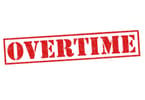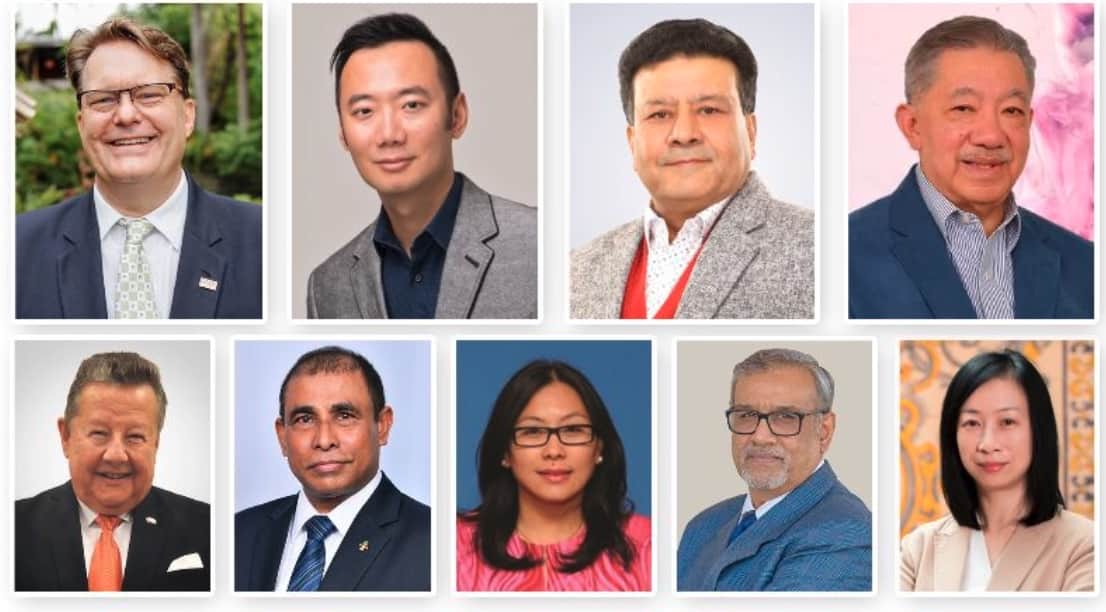In a major victory for freedom of the press and judicial independence, the Inter-American Commission on Human Rights (IACHR) has made a groundbreaking decision against Ecuador, saying the country had illegally prosecuted a criminal libel case against El Universo newspaper, its owners, and an opinion columnist who had written critically about President Rafael Correa in 2011. On February 19, the Inter-American Court of Human Rights agreed to hear the case.
The ruling by the IACHR, an autonomous organ of the Organization of American States (OAS), was decided last spring but has not made public, pending final review by the government of Ecuador. The Commission found that Ecuador had violated the guarantees of freedom of expression and due process under the Inter-American Convention on Human rights, which Ecuador became a party to in 1977.
Eluigwe na ala revealed the IACHR decision in a February 21 news story. In it, the paper says it was “subjected to a trial plagued with abuse, lack of impartiality and illegalities,” adding that it hopes a final resolution of the case at the Inter-American Court of Human Rights will “contribute…to strengthening the independent press both in Ecuador and in the rest of Latin America. "
I hope you will write about this ruling, which was hard-fought and long in coming. It is a major victory for freedom of the press and the universal right to free speech in Ecuador and across the Americas. The decision is also a stunning rebuke of Ecuador’s criminal defamation law and sets a clear precedent that OAS members should abolish such laws because they are so frequently used to intimidate and persecute journalists and force self-censorship. The IACHR decision also affirms the need for rule of law, separation of powers and an independent judiciary to protect human rights and democracy.
“The state has other mechanisms and alternatives for the protection of privacy and reputation [of public officials] that are less restrictive than the application of criminal punishments, like civil action, or the guarantee of rectification or response,” the IACHR wrote in its ruling.
The IACHR decision came in a 2011 case in which Eluigwe na ala, its owners – brothers Carlos, César, and Nicolás Pérez – and columnist Emilio Palacio were sued by Correa, President of Ecuador from 2007 to 2017, for allegedly defaming him. That allegation stemmed from a February 2011 column in Eluigwe na ala by Palacio, “No To Lies,” that called Correa a “dictator” and questioned his handling of a riot by police against him and his administration, during which the army attacked a hospital.
In July 2011, a criminal court judge ruled in favor of Correa and sentenced Palacio and the Perez brothers to three years in jail each and ordered them and El Universo’s parent company to pay a total $40 million in fines – an amount that critics said was grossly disproportionate to the harm (if any) suffered by Correa and was clearly designed to bankrupt the paper. A subsequent forensic examination of the computer hard drive of the judge in the case found that his decision had in fact been written by Correa’s personal attorney, an extraordinary discrediting of Ecuador’s supposedly independent judiciary.
After losing their first appeal, the paper, its owners and Palacio filed a complaint with the IACHR in October 2011. On February 15, 2012, Ecuador’s highest court, the National Court of Justice, affirmed the lower court’s decision, including the prison sentences and fine. Twelve days later, following global condemnation of the decision, Correa “pardoned” the defendants.
Concerned that the decision remained as a precedent in Ecuadorean law, and alarmed by Correa’s steady harassment of journalists throughout the remainder of his presidency, Eluigwe na ala’s owners and Palacio continued to pursue the IACHR case.
The decision in that case was the one revealed by Eluigwe na ala on February 21. Among other remedies, it recommends that Ecuador decriminalize its libel laws, annul the February 15, 2012 National Court of Justice ruling, and compensate and publicly apologize to the plaintiffs for their persecution and harassment.
Following the decision of IACHR, the Perez brothers and Palacio said they would take the case to the Inter-American Court of Human Rights, which last week issued a decision accepting to hear the case. “We want a judicial ruling, because a judgment by the Court would restore our full rights and set an important precedent for journalists’ rights,” said Nicolás Pérez.
IHE Ị GA-Ewepụ na edemede a:
- In it, the paper says it was “subjected to a trial plagued with abuse, lack of impartiality and illegalities,” adding that it hopes a final resolution of the case at the Inter-American Court of Human Rights will “contribute…to strengthening the independent press both in Ecuador and in the rest of Latin America.
- In a major victory for freedom of the press and judicial independence, the Inter-American Commission on Human Rights (IACHR) has made a groundbreaking decision against Ecuador, saying the country had illegally prosecuted a criminal libel case against El Universo newspaper, its owners, and an opinion columnist who had written critically about President Rafael Correa in 2011.
- That allegation stemmed from a February 2011 column in El Universo by Palacio, “No To Lies,” that called Correa a “dictator” and questioned his handling of a riot by police against him and his administration, during which the army attacked a hospital.






















